
New Regulations Implemented for Mount Everest Climbers
In a bid to manage and preserve the environment around Mount Everest, new regulations have been put in place, affecting climbers and trekkers aiming to conquer the world's highest peak. The local government body of Solukhumbu District, specifically the Khumbu Pasang Lhamu Rural Municipality, has ratified the "Base Camp Management Directive 2080," with full implementation set to commence soon after receiving approval from the executive committee on Magh 24.
Under the provisions of this directive, climbers are now required to use biodegradable bags, known as "pup bags," during their ascent and descent. Rakesh Gurung, the director of the Tourism Department, emphasized that these regulations were formulated within the jurisdiction of the local government to ensure proper waste management and environmental conservation.
Furthermore, each climber ascending Everest, Lhotse, and Nuptse must carry and deposit 8 kilograms of waste at designated base camp facilities, while those climbing Ama Dablam must deposit 3 kilograms. The directive also emphasizes the "Leave No Trace" principle and the enhancement of responsible mountaineering practices.
Additionally, regular clean-up campaigns will be conducted by climbing teams at base camps to maintain cleanliness. A mandatory registration of all equipment and supplies brought to the base camp area is also required.
Moreover, waste classification and disposal fees will be levied by the local authorities based on the classification of waste brought down from the base camps and produced during the expedition.
However, it's worth noting that facilities such as flush toilets are not available at the base camps, with a maximum provision of four toilet tents for up to 15 individuals per camp, along with two shower tents and two urinal tents.
The directive also prohibits the use of bright lights or illumination beyond the base camp area and mandates the cessation of all lights during nighttime hours, except in emergency situations.
Furthermore, commercial activities such as bars, cafes, and spas are now prohibited in the Mount Everest region, with the local government emphasizing the need to prioritize the preservation of Sherpa culture and the natural beauty of the area.
Moreover, temporary tent structures for commercial purposes, including trekking agencies, hotels, or any individual or organization involved in commercial activities, are no longer permitted within the jurisdiction of the rural municipality.
Lastly, only emergency helicopter flights above Syangboche are allowed, while chartered flights are restricted for rescue purposes only. These measures aim to not only protect the fragile ecosystem but also uplift the standard of living of local communities, as stated by the rural municipality.



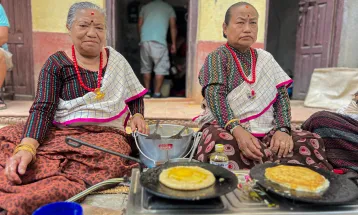
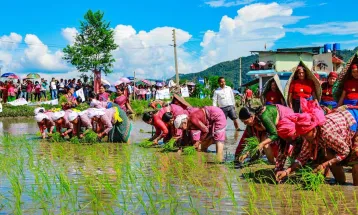
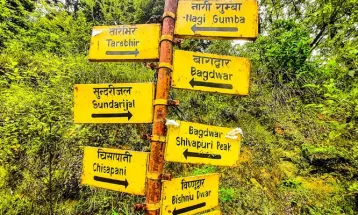

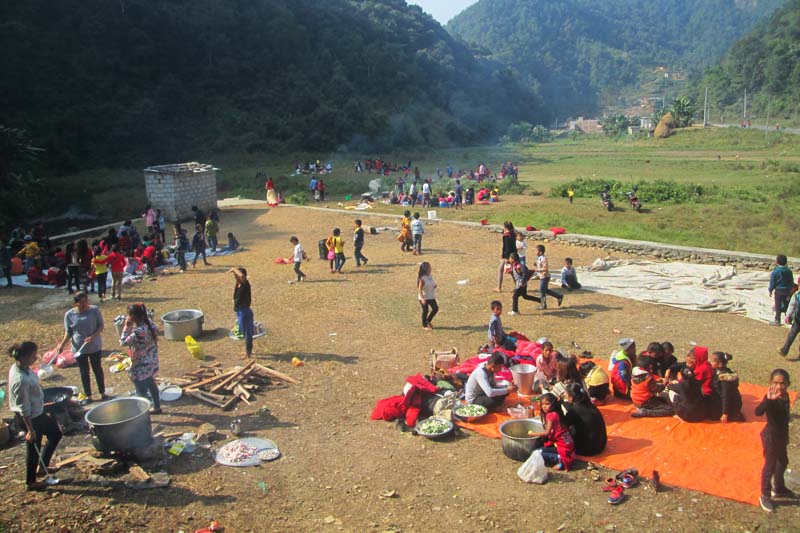

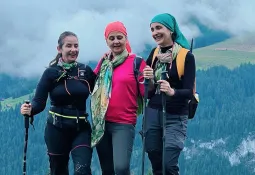


Comment / Rely From